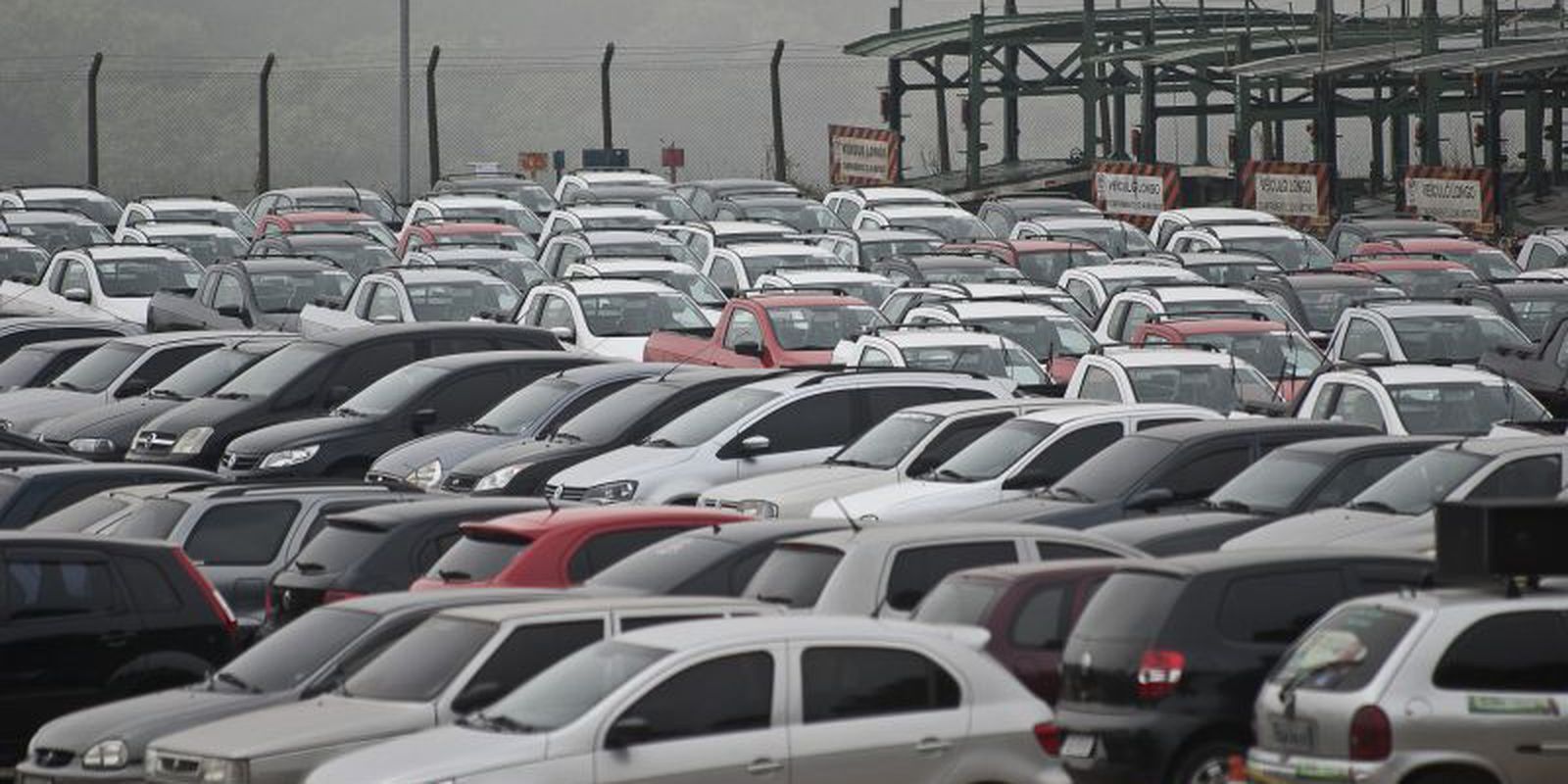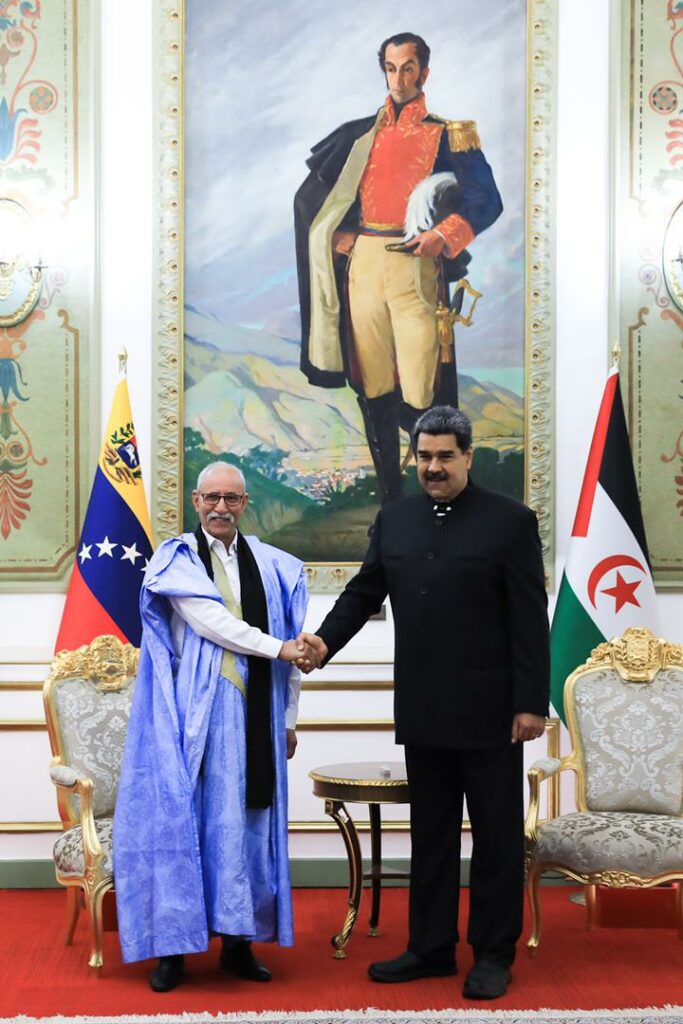Several automakers announced this month that they will grant collective vacations to employees and paralyze vehicle production at their plants in Brazil. The reasons are diverse. They range from the lack of equipment, aggravated by the covid-19 pandemic, to problems caused by the Brazilian economic scenario, mainly with the rise in interest rates and inflation, which led to a drop in vehicle sales.
The first to stop production was Volkswagen, which stopped activities in February in São Bernardo do Campo (SP), São José dos Pinhais (PR) and at the engine plant in São Carlos (SP) for lack of parts. The three units have already returned to normal operation, but the automaker announced that it will take 10 days of collective vacation at the plant in Taubaté (SP), starting on the 27th, “for maintenance of production at the unit and also due to the instability in component supply chain”.
At Hyundai Motor Brasil, the collective vacation began on Monday (20th) for the three production shifts and administrative teams at the factory in Piracicaba, in the interior of São Paulo. The collective holidays will last until April 2nd, but do not affect the operations of the engine plant, located in the same industrial complex. According to the company, the objective is to adapt the production volumes for the month of March, avoiding the formation of inventories. The company informed that it will monitor the dynamics of the internal vehicle market for the first quarter of this year.
Mercedes-Benz do Brasil informed that it will partially grant collective vacations at the factory in São Bernardo do Campo, in Greater São Paulo. The vacation will be between April 3rd and May 2nd due to “the need to adjust the production program”. According to the automaker, the measure is necessary due to the lack of components in the global and domestic automotive industry and to adapt sales volumes in the commercial vehicle market.
Automakers GM and Stellantis will also grant collective vacations to employees, paralyzing production at factories in São José dos Campos, in São Paulo, and Goiana, in Pernambuco.
In an interview this Tuesday (21) to Brazil Agencyprofessor Antônio Jorge Martins, coordinator of the automotive courses at the Getulio Vargas Foundation (FGV-SP), said that the stoppages and collective vacations were basically motivated by the increase in costs which, as a consequence, raised the price of vehicles and raised costs. financing costs.
“The world has undergone major changes over the last few years and, in particular, after the pandemic. The pandemic, in general, even due to the beginning of the digitalization of world companies, caused the costs of various parts and components in the automotive area to increase, in particular, semiconductors”, said the professor.
With the increase in the cost of parts, pieces and components, together with the currency devaluation in the country and the increase in freight and logistics costs, the automotive sector had to increase the price of vehicles. “And this increase in prices was not accompanied by an increase in the income of society as a whole”, highlighted Martins. “This, in general, caused the market to fail exactly to balance properly, generating, as a consequence, the need to stop factories to adapt to a new reality of demand”, he added.
According to Martins, the second reason for the stoppage of production was the Brazilian economic scenario, mainly because of high interest rates. “The interest rate practiced by the financial market also affected the demand for vehicles because, in practice, 60% to 70% of sales are made through financing. So, if society already has its purchasing power shaken and, at the same time, it still has difficulties in meeting the new costs arising from financing, this generally ended up reinforcing the need for automakers to stop working, which, in turn, have no interest in in producing for stock”, he stated.
The National Association of Financial Companies for Automakers (Anef) had already warned about this scenario in its latest bulletin. According to Anef, the year 2022 was heavily impacted by the high price of vehicles, as well as by the increase in default and interest rates. The association pointed out that the default of individuals with overdue payments for more than 90 days reached 5.9% in 2022, the highest rate in recent years.
For Martins, the stoppage of vehicle production should not extend or last for a long time. “The automakers’ strategy is not to stand still for a long time. Those that have stock will stop a little longer. Those that have less inventory stop less, but the strategy is really to adapt production to a new demand reality.” The professor estimates that, this year, the automotive sector will close with growth between 2% and 5% compared to last year.
Sought, the National Association of Automotive Vehicle Manufacturers (Anfavea) replied that it would not manifest itself on the stoppages at automakers. In early March, however, when disclosing data on the automotive industry in the country, Anfavea reported that the temporary closure of some factories in February was due to a lack of semiconductors or the need for adjustments to the assembly line and that there was concern about the lack of credit in the country.
The National Federation of Motor Vehicle Distribution (Fenabrave) did not respond to the request from Brazil Agency.

















